Cognitive Disorder - Schizophrenia
Schizophrenia is a mental disorder that disrupts a person's normal perception of reality. Schizophrenic patients usually suffer from hallucinations, paranoia, delusions, and speech/thinking impairments. These symptoms are typically presented during adolescence.
Disturbances in amino acid metabolism have been implicated in the pathophysiology of schizophrenia. Specifically, an impaired synthesis of serotonin in the central nervous system has been found in schizophrenic patients. High doses (30 g) of glycine have been shown to reduce the more subtle symptoms of schizophrenia, such as social withdrawal, emotional flatness, and apathy, which do not respond to most of the existing medications. An open-label clinical trial performed in 1996 revealed that 60 g of glycine per day (0.8 g/kg) could be given to schizophrenic patients without producing adverse side effects and that this dose led to a two-fold increase in cerebrospinal fluid (CSF) glycine levels. A second clinical study treated patients with the same dosage divided into 3 doses within 1 week. This form of glycine treatment led to an eight-fold increase in CSF glycine levels.
For schizophrenic patients, docosahexaenoic acid (DHA) supplements inhibit the effects of EPA supplements so it is recommended that the patient only takes the EPA supplement, which the body will convert into the amount DHA it needs. Double-blind, placebo controlled studies, randomized, placebo controlled studies, and open-label clinical studies have all shown that approximately 2 g of EPA taken daily in addition to one's existing medication effectively decreases symptoms in schizophrenic patients.
The most consistent correlation found in one study that involved the ecological analysis of schizophrenia and diet concluded that increased consumption of refined sugar results in an overall decreased state of mind for schizophrenic patients, as measured by both the number of days spent in the hospital and poor social functioning. That study also concluded that the dietary predictors of the outcome of schizophrenia and prevalence of depression are similar to those that predict illnesses such as coronary heart disease and diabetes.
Showing 1–9 of 18 results
-

Magnesium Glycinate Crystal Form
$17.99 – $56.99 (inc GST) -
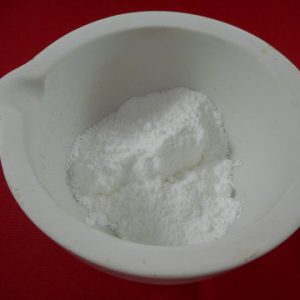
B6 Vitamin, Pyridoxine Hydrochloride Powder
$19.80 – $104.50 (inc GST) -
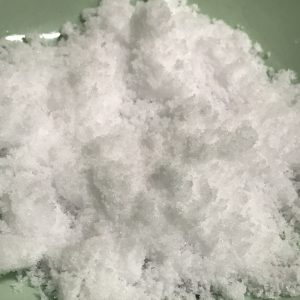
Choline Citrate Powder. 35% choline
$19.99 – $99.99 -

Choline-L-Bitartrate / Myo-Inositol Ratio Mix powder
$10.99 – $31.89 (inc GST) -

Cistanche Tubulosa 20:1 Extract Powder
$18.99 – $89.99 (inc GST) -
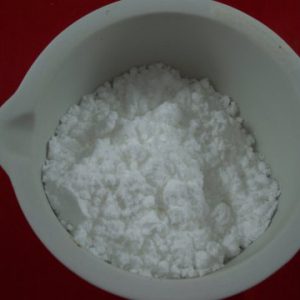
L – Glutamine Powder. Pure 99%
$10.99 – $31.89 (inc GST) -
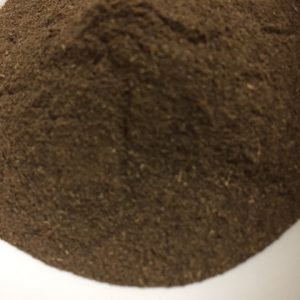
He Shou Wu Organic powder. Fo Ti Root.
$19.99 – $39.99 (inc GST) -
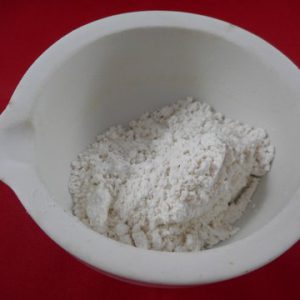
L-Tryptophan Powder. Pure, No fillers, Non-GMO
$16.99 – $72.59 (inc GST) -

Lion’s Mane ORGANIC 15:1 Extract Powder
$17.99 – $214.99 (inc GST)

